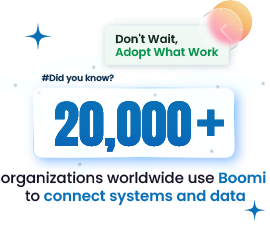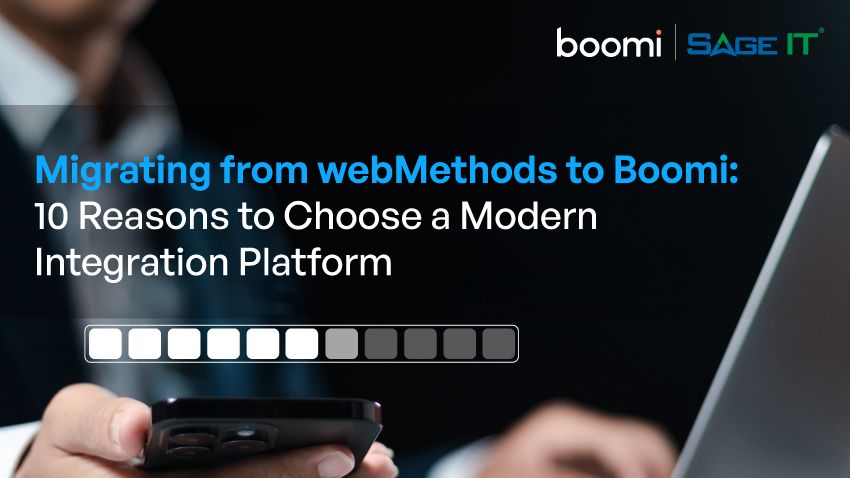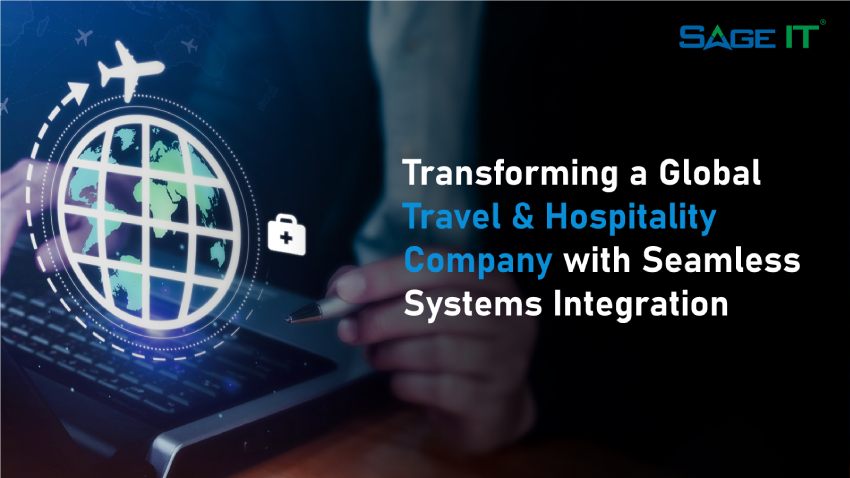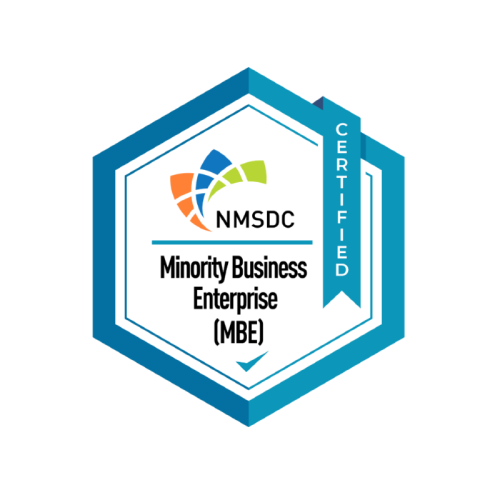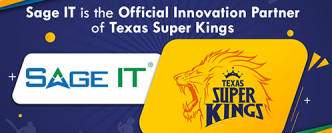Businesses are constantly working to meet customer expectations, automate processes, and keep costs under control. But scattered data, outdated systems, and complex integrations make it harder to move fast. IT teams end up overwhelmed, and operations slow down. That’s why many are looking at Integration Platform as a Service (iPaaS) solutions like Boomi and TIBCO. The big question— which one is the right fit?
The iPaaS market will grow from $12.87 billion in 2024 to $78.28 billion by 2032, with a CAGR of 25.3%, as organizations seek scalable, cloud-based integration solutions to support their digital transformation.
Boomi’s cloud-native, low-code automation makes it ideal for businesses prioritizing agility and rapid deployment. Meanwhile, TIBCO’s enterprise-grade hybrid integration is designed for companies handling legacy systems and complex data processing at scale.
Whether you need fast, cost-effective cloud adoption or deep customization with real-time data processing, this in-depth comparison of Boomi vs. TIBCO will help you determine the best integration platform for your business needs.
Boomi vs Tibco – Feature Comparison
1. AI-Guided Data Mapping: Boomi Suggest vs. TIBCO’s Approach
Manual data mapping increases implementation time. A single mistake can break an entire workflow, forcing teams to spend hours troubleshooting.
Boomi Suggest eliminates that frustration. It learns from over 300 million successful integrations, offering AI-powered recommendations to match fields accurately—saving time, reducing errors, and getting integrations running faster.
TIBCO? While it provides robust mapping tools, it lacks AI-driven automation. Teams must manually configure mappings, which adds complexity and slows down implementation.
Boomi’s AI-driven data mapping helps integration teams move faster with less manual work.
Cloud-Native, Multi-Tenant Architecture: Boomi vs. TIBCO
If your business is cloud-first (or heading there), Boomi’s cloud-native design gives you the flexibility and performance you need.
Pre-Built Templates & Low-Code Development: Boomi vs. TIBCO
If speed and ease of use matter, Boomi’s low-code platform is the way to go.
Unified API & EDI Management: Boomi vs. TIBCO
Event-Driven & Real-Time Processing: TIBCO vs. Boomi
Hybrid & On-Premises Integration Capabilities: TIBCO vs. Boomi
Lightweight Integration Engine: TIBCO Flogo® vs. Boomi
Factors:
1. Ease of Use: Boomi’s Simplicity vs. TIBCO’s Customization
Every integration team faces the challenge of balancing ease of use with customization.
Boomi makes integration accessible with its low-code, drag-and-drop interface, enabling faster onboarding for both technical and non-technical users. No extensive coding knowledge required.
Boomi brings everything together—integration workflows, API management, and EDI—in a single, easy-to-navigate platform. This makes it a natural fit for businesses that want to set up integrations quickly without spending months on development.
TIBCO, on the other hand, caters to organizations that need deep customization. It’s built for businesses with complex integration needs, offering fine-tuned control over every aspect of the process. But that flexibility comes at a cost—it requires skilled technical teams to configure and manage integrations effectively.
Boomi is a great choice if your team values speed, ease of deployment, and intuitive workflows.
TIBCO is better suited for businesses that need highly customized integrations and have the technical expertise to manage them.
2. Security & Compliance: Standardized Protection vs. Custom Enterprise Security
Security and compliance can’t be an afterthought—especially for businesses operating in regulated industries like healthcare, finance, and government.
Boomi ensures compliance out-of-the-box with certifications like FedRAMP, SOC 1 & 2, GDPR, and HIPAA. Built-in governance tools provide additional safeguards to manage security policies across integrations.
TIBCO also offers enterprise-grade security, but compliance features vary across its products. Organizations using TIBCO must evaluate each product separately to ensure it meets industry standards.
Boomi provides a standardized, compliance-ready approach for businesses requiring strict security controls.
TIBCO offers strong security, but organizations may need to verify compliance for individual solutions.
3. Community & Support: Boomi’s Large Network vs. TIBCO’s Partner-Based Assistance
When issues arise, having the right support system can make or break the integration experience.
Boomi has a thriving user community with over 220,000 members in the Boomiverse, making it easy to find solutions, share insights, and access training materials. Boomi also offers extensive online documentation, so businesses can resolve common issues without needing direct vendor assistance.
TIBCO takes a different approach—it relies heavily on partner-based support. Instead of a large online community, TIBCO customers typically work with dedicated support partners for technical assistance. While this can be useful for organizations that prefer one-on-one vendor support, it also means fewer self-service resources compared to Boomi.
Boomi is a better fit for companies that value a large, knowledge-sharing community and self-service learning.
TIBCO is ideal for enterprises that prefer vendor-backed support and direct, hands-on assistance from dedicated partners.
4. Pricing & Licensing: Predictable Subscription vs. Flexible Enterprise Plans
Understanding the total cost of ownership for an integration platform is essential.
Boomi follows a modular, subscription-based pricing model, which offers predictability and scalability. Businesses only pay for what they need, but costs can rise with high data volumes.
TIBCO, offering custom enterprise pricing where businesses negotiate their own licensing agreements. This flexibility is great for large enterprises that need structured solutions, but it also means pricing isn’t as clear-cut. Companies may need to go through multiple discussions before fully grasping their total cost.
Boomi is the right choice for companies that want a predictable, easy-to-understand pricing structure.
TIBCO works best for enterprises that need highly customized licensing and have the flexibility to negotiate costs.
5. Use Cases & Industry Fit: Cloud Agility vs. Real-Time Data Processing
Integration platforms aren’t one-size-fits-all—businesses must consider which solution aligns best with their industry requirements.
Boomi is built for cloud-first organizations, making it ideal for mid-to-large enterprises prioritizing fast, efficient cloud integration. The platform’s prebuilt connectors and automation tools help businesses deploy integrations quickly.
TIBCO, on the other hand, excels in real-time, event-driven data processing. Its architecture is designed for industries that demand immediate data synchronization, such as finance, telecom, and manufacturing.
Boomi is the better choice for businesses that prioritize cloud integration, automation, and fast deployment.
TIBCO is ideal for enterprises that rely on real-time data processing and high-performance integrations.
Boomi vs. TIBCO: What Users Are Saying
Boomi User Reviews
Boomi (4.4/5 – G2, 3.9/5 – Gartner)
What Works Well
Easy-to-Use Low-Code Platform
Scalable and Flexible Deployment
Strong Support and Learning Resources
What Could Be Better
Pricing for Smaller Teams
Limited Debugging Features
Support Response Time
TIBCO User Reviews
Tibco(4.3/5 – G2, 4.6/5 – Gartner)
What Works Well
Enterprise-Ready Integrations
Low-Code Development with Flexibility
High Performance and Scalability
Strong Security and Governance
Where TIBCO Can Improve
Challenging for Beginners
Troubleshooting Can Be Tedious
Pricing Feels High for Smaller Teams
Cloud Integration Limitations
Boomi vs Tibco – Which One Works for You?
After breaking down Boomi vs. TIBCO, which fits you best?
Your business needs the correct integration platform to stay competitive. TIBCO offers intense real-time data processing and works well for enterprises managing legacy systems. With its cloud-native, low-code automation, Boomi enables faster integrations, lower IT costs, and scalable digital transformation, making it the more intelligent choice for businesses prioritizing agility.
But technology alone won’t bring success—execution matters. Our Boomi consulting services ensure you get the most out of your integration investments, handling everything from strategy to deployment. As a Certified Boomi Partner, we help businesses connect systems, automate workflows, and improve operational efficiency to deliver real impact.
If you want to accelerate your integration journey without complexity, we’re here to help. The proper integration strategy can reshape your business—let’s make it happen.

